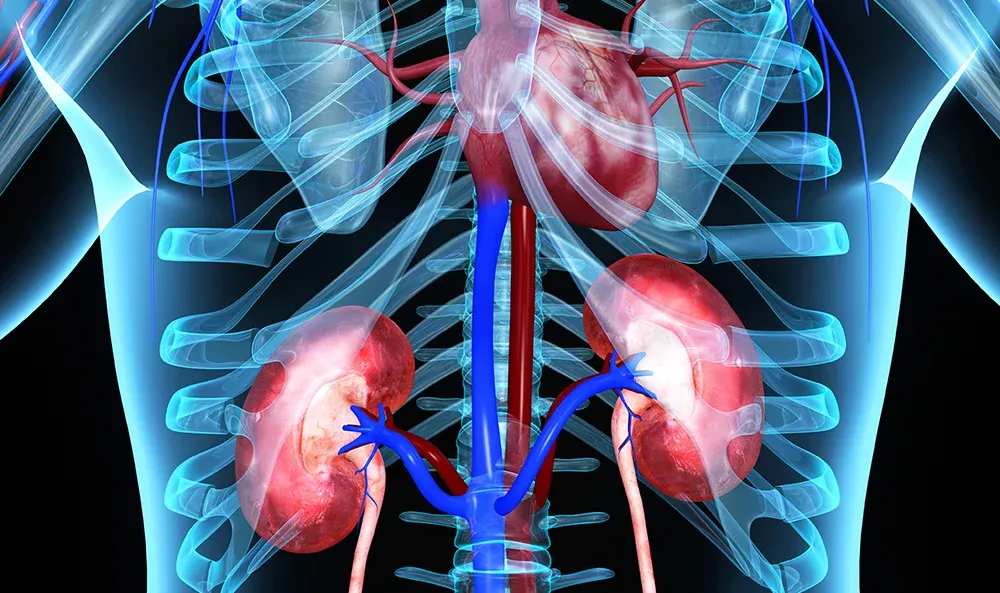Approximately 30% of the global population is affected by metabolic-associated fatty liver disease (MASLD), a condition that previously lacked targeted treatments. In a groundbreaking discovery, researchers have identified a genetic factor that exacerbates the disease, and remarkably, the FDA-approved drug that most effectively targets this factor is vitamin B3.
A collaborative research team led by Professor Jang Hyun Choi from the Department of Life Sciences at UNIST, in partnership with Professor Hwayoung Yun from the College of Pharmacy and Research Institute for Drug Development at Pusan National University (PNU), and Professor Neung Hwa Park from Ulsan University Hospital (UUH), has, for the first time globally, elucidated the role of microRNA-93 (miR-93), which is expressed in the liver, as a key genetic regulator in the development and progression of MASLD.
MiR-93 is a specialized RNA molecule expressed in hepatocytes that functions to suppress the expression of specific target genes. The team observed abnormally elevated levels of miR-93 in both patients with fatty liver disease and animal models. Through molecular analysis, they demonstrated that miR-93 promotes lipid accumulation, inflammation, and fibrosis by inhibiting the expression of SIRT1, a gene involved in lipid metabolism within liver cells.
Know more: https://www.sciencedaily.com/releases/2025/09/250912195101.htm











